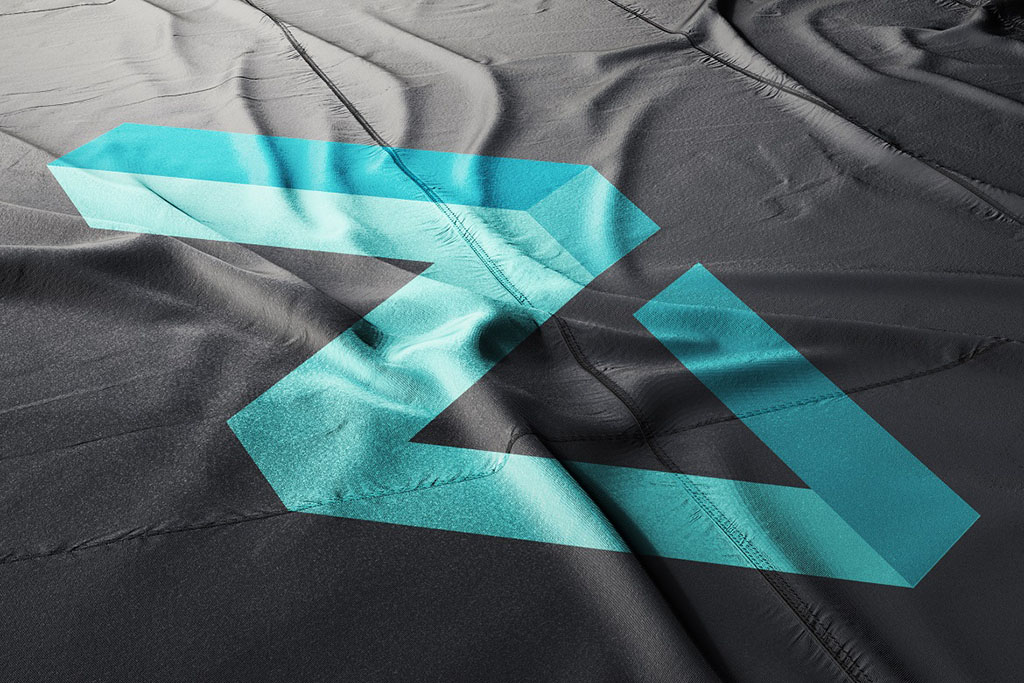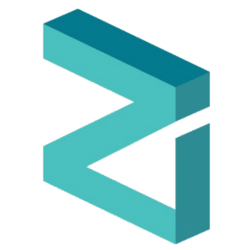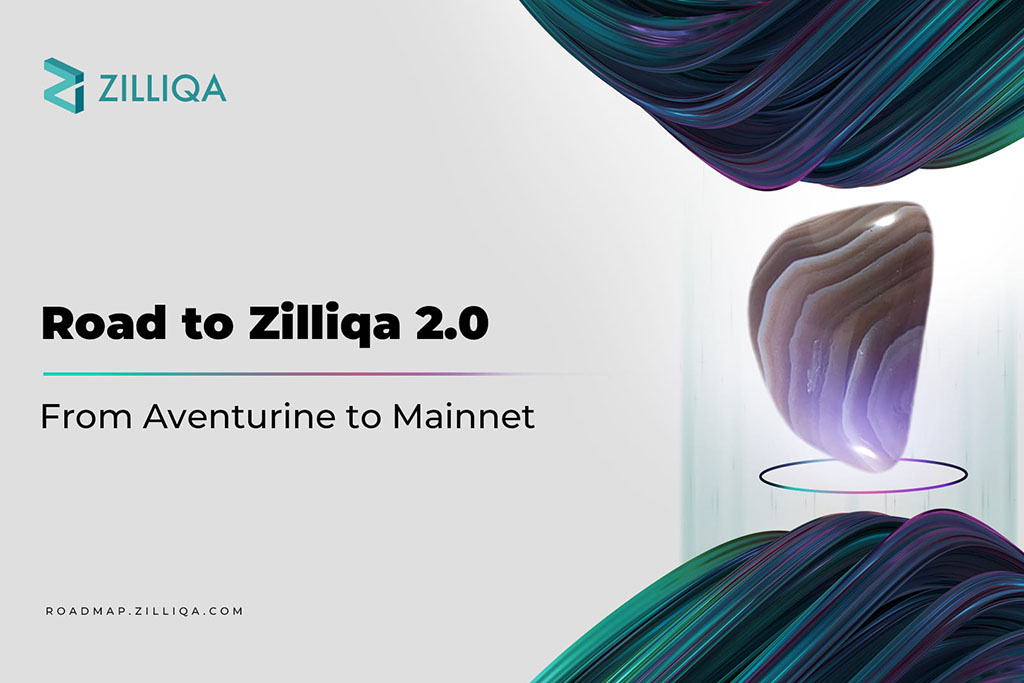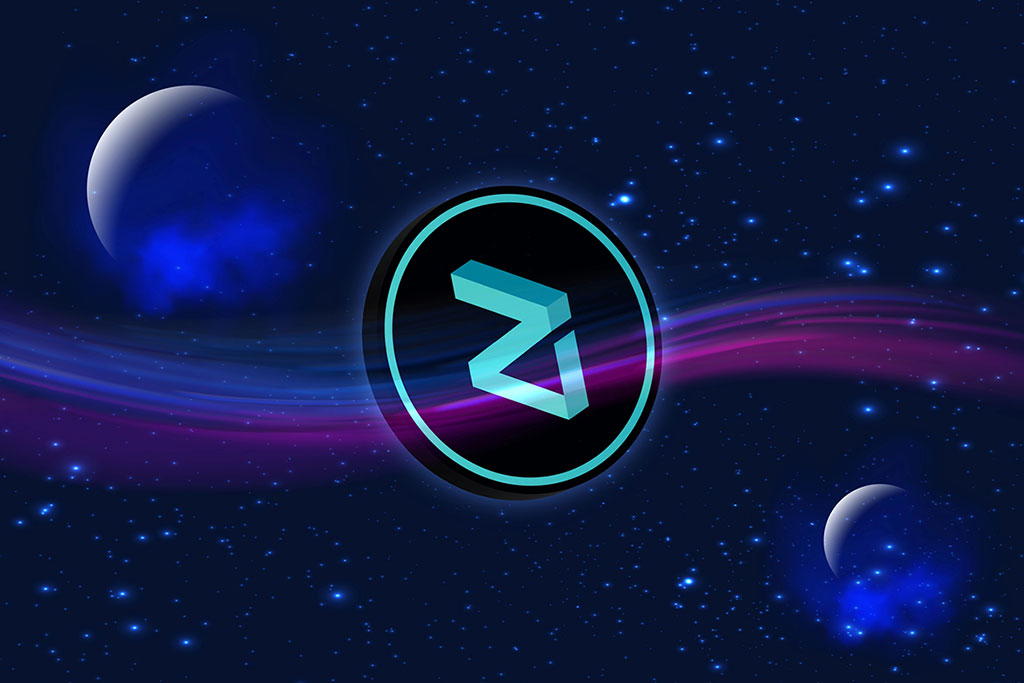
Zilliqa Resumes Operations after Facing Third Outage in 4 Weeks
Zilliqa has resumed operations again after facing its third outage within the space of 1 month.


1H
0.10%$0.0000
24H
6.89%$0.0008
7D
16.6%$0.0018
30D
-1.66%$0.0002

Zilliqa has resumed operations again after facing its third outage within the space of 1 month.

The launch of Zilliqa 2.0 is a delicate process that involves transitioning all the historical data from the old Zilliqa to enhance the mainstream adoption of Web3 applications.

The Zilliqa blockchain network faced back to back systems bugs last week which led to complete halting of block production. The development team has restored the blockchain for validators.

Zilliqa believes that launching EVM fully would help bolster its ecosystem and expose it to the wider blockchain developer community.

The cutting edge may soon be the new normal.
Zilliqa (ZIL): Cryptocurrency markets are becoming more accessible and analysis is increasing by the day. Gone will be the days when investors jump into crypto to become overnight millionaires and it is the reason some ICOs are doing well while others have been losing value since January. Zilliqa platform is among the few projects that seem to be gaining favor from different facets in the financial services sector. The ICO which launched in late 2017 has so far had a good Q1 in comparison to its peer coins. One would attribute this to the nature of its protocol; Zilliqa aims at maximizing scalability within the blockchain tech. The platform has been developed using the sharding tech in order interlink more networks. For a long time the financial services sector has been stagnant with major tech developments until recently when blockchain proved to be part of the future. Zilliqa (ZIL) has taken advantage of this trillion dollar industry that is in constant need of expansion hence the preference for highly scalable platforms. Anyone that has been keen on the crypto markets would notice ZIL has been increasing in market cap and is currently in the top 30. The Zilliqa team proposed the theory of sharding in a paper in 2015, and since then this protocol has been under research, refinement and active development.
Real-world asset tokenization transforms how value is stored, traded, and accessed by bringing traditional financial assets — like real estate, government bonds, and commodities — onto blockchain networks. This guide explores tokenization’s mechanics, benefits, and risks, highlighting its role in reshaping global finance and opening up new investment opportunities through digital innovation.

The guide provides information on a Direct Public Offering (DPO) – a type of offering in which a company offers its securities directly to the public in order to raise capital.
